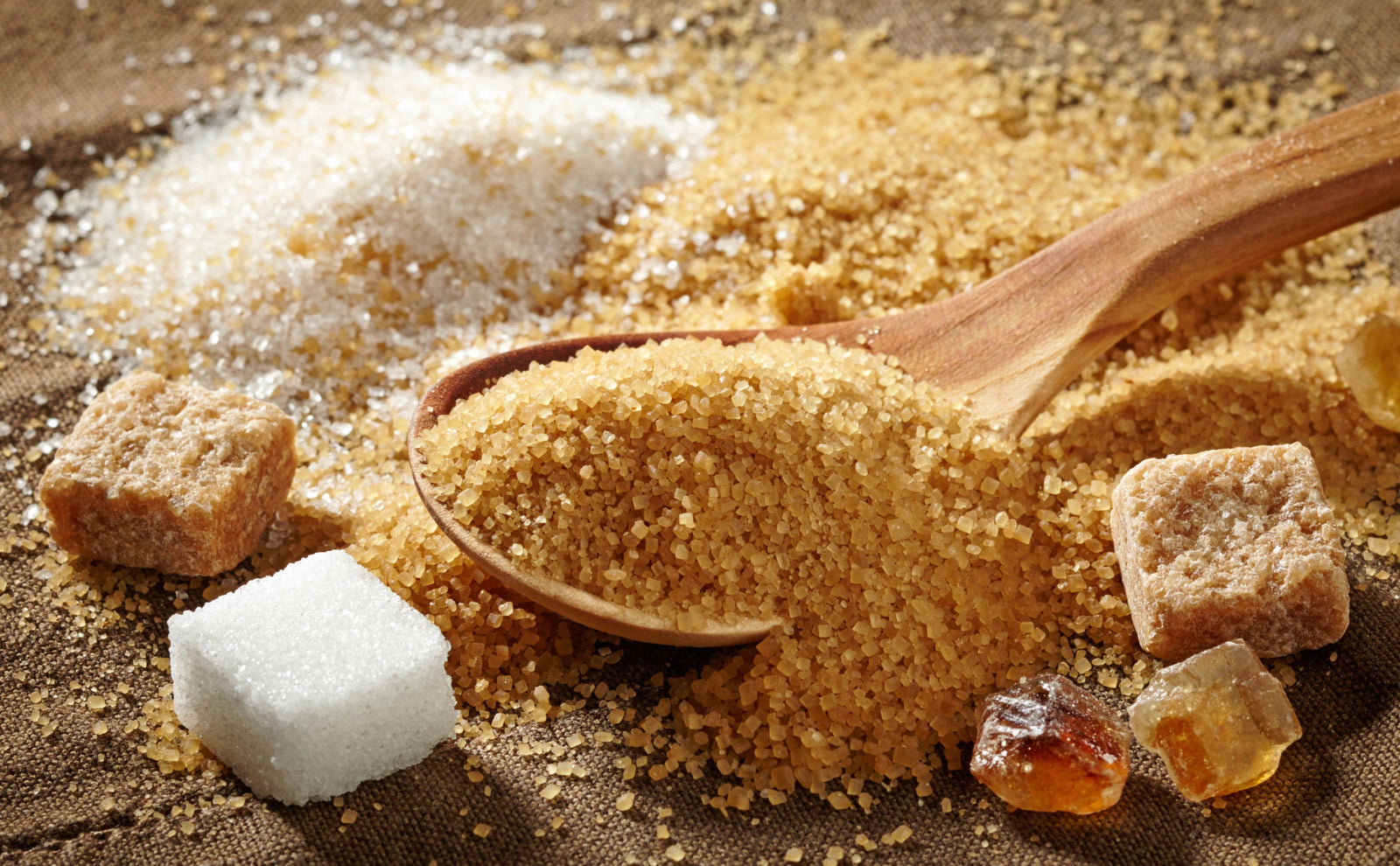What is Citric Acid? Is it Harmful to Your Health?

If you buy any type of packaged foods, beverages, or supplements you’ve probably seen citric acid on labels.
So, what is citric acid?
While it goes by one name it’s actually two very different ingredients.
There’s natural citric acid, which is naturally occurring in citrus fruits, pineapple, and berries that acts as a natural antioxidant; then there’s manufactured citric acid (or MCA)---a synthetic form of citric acid common in many supplements, packaged foods (even organic ones), medications, beverages, skin care, and cleaning products.
Unfortunately, since both types fall under one name, people presume that manufactured citric acid is the same as natural...and that couldn’t be further from the truth.
What's Wrong with Manufactured Citric Acid?
When most health-conscious people look at a label and see “citric acid” as an ingredient in baby food, for example, “added to preserve color” or “to prevent browning,” they don’t worry because they think it’s “just a type of vitamin C”...and a little extra vitamin C is supposed to be a good thing, right?
Yes it is, and most of us could all use more natural vitamin C in our diets; “vitamin C and natural” being the key words here, which manufactured citric acid is certainly not.
Vitamin C is found in fruits and vegetables along with citric acid but they have different properties.
MCA is the inexpensive form of synthetic citric acid used in the vast majority of conventional, natural, and organic processed foods and beverages as a preservative and vitamin-enricher.
It is an excitotoxin which means it affects the brain, gut, is an obesogen, plus more. It is also an ingredient in skin care, cleaning products, medications, wine, and makeup.
Unlike natural citric acid from fruits, MCA is made from Aspergillus niger (aka: black mold) which is a known and very common allergen
Now that you know where MCA comes from, you can see why it can be very harmful to humans (and pets too).
Yet, it is Generally Recognized as Safe by the FDA (albeit with no scientific evidence to back up that designation
Synthetic citric acid does not belong in our food or household product.
How Citric Acid is Harmful to Humans when Ingested
Citric acid is one of the most common food additives in the world. Like so many food additives, its effects aren’t immediately obvious so people don’t make the connection.
It is especially important to understand the possible impact it can have on developing babies and children.
Removal of excitotoxic additives like citric acid from a nursing mother’s diet has resolved reflux and digestive difficulties, developmental, and sleep issues in many babies I have worked with.
Parents of children with learning and sensory disorders report rapid decrease in symptoms when chemicals such as citric acid are removed.
Adults suffering from digestive issues like IBS, chronic diarrhea, and reflux report direct connection to exacerbation of symptoms with the consumption of foods with citric acid.
While my experience would be considered anecdotal evidence, research is finally being done and is beginning to reveal the very real and potentially harmful effects of this so-called GRAS ingredient.
In a 2018 Toxicology Report published by Science Direct
Their symptoms included: joint pain, respiratory distress, irritable bowel syndrome, cramping, enervation, and muscular pain.
The researchers believe that MCA can create a significant inflammatory cascade that affects certain people based on their genetic predisposition and susceptibility.
I have observed these same reactions in clients who would report these seemingly “random” inflammatory symptoms after consuming just one food with citric acid.
If you have been suffering from any type of excitatory or inflammatory symptoms, either acutely or chronically, you may want to try removing citric acid from your diet (this includes foods and beverages, including wine).
Citric Acid in Skin Care and Cleaning Products
While 70% of the world’s MCA is manufactured for food and beverages, the other 30% goes to things like skin care and cleaning products.
In skin care, citric acid is used as an alpha hydroxy acid which encourages skin peeling and acts as an anti-aging ingredient (think vitamin-c night serums, etc.).
It can also help clear up some types of skin breakouts due to its antibacterial nature...but it can do some real damage if you have sensitive skin including redness, rash, and itching.
Beyond topical reactions, it can also irritate nasal passages and even induce asthma attacks
Keep in mind, it’s also used as a preservative in deodorants, lipstick, and hairsprays.
In cleaning products, MCA acts as a degreaser, fragrance, a solvent, and a pH adjuster.
Compared to other toxic ingredients found in cleaning and laundry products it’s not the worst...but it’s not great either due to its potential to irritate skin and get into the air where it could irritate your lungs and cause trouble breathing (as noted above).
Since MCA acts as an antibacterial, antifungal, and algaecide it is commonly found in chemical or natural household products that work on bacteria, mold, and algae and those that contain a citrus smell.
How to Avoid Citric Acid
Citric acid is very prevalent in packaged foods and beverages, but that doesn’t mean you can’t avoid it!
Simply read the labels and opt for products without citric acid.
For example, some more progressive companies are now using lemon juice in place of it in applesauce or baby food.
For supplements, look for high-quality sources of vitamin C like camu camu berry and acerola cherry.
Same goes for skin care, read those ingredient labels, choose natural skin care products, and you can pretty much presume anything labeled “vitamin C” will have citric acid unless otherwise noted.
Special note: citric acid is also common in synthetic and more “natural” hand sanitizers, so buyer beware. If in doubt, share your concerns when you inquire with the company directly...it’s these phone calls and emails that help highlight ingredient concerns within industries.
As always, don’t presume because a product says “natural” or “non-toxic” that it does not contain harmful ingredients.
Better yet, swap out your products for Branch Basics Concentrate that does it all...sans citric acid and any other toxic chemicals.
We’re on this!
In the case of manufactured citric acid, the research into its inflammatory and excitatory side effects are in their infancy, thus we’ll update this post and share on social as new information becomes available.
In the meantime, toss this toxin. We just don’t realize how much harmful ingredients impact us until they are removed!
In the meantime, read up on more healthy living tips, here:
Categories

Marilee Nelson
Marilee Nelson is an Environmental Toxins expert who has spent nearly 30 years advocating for the chemically-sensitive and chronically-ill. She is a Board Certified Nutritionist, Certified Bau-Biologist and Bau-Biology Inspector and specializes in Food As Medicine. She has helped thousands of families and individuals identify, heal and recover from toxic exposures and is on a mission to revolutionize the way American families view their health.








